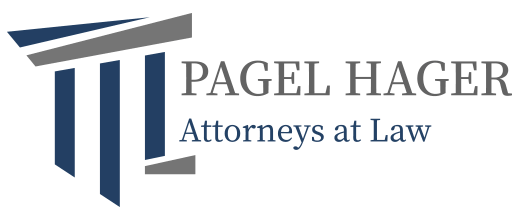When you get into an auto collision, you may suffer from serious injuries. While many of those injuries could be apparent, like lacerations or broken bones, others may not be as obvious.
This is why there are often cases where victims of collisions walk away from the crash thinking that they’re okay when they’re really in much worse shape than they thought.
Injuries can be initially overlooked after a car crash
It is possible to overlook certain kinds of injuries after an auto accident. For example, whiplash is commonly missed in the hours after a crash, because the tendons, ligaments and other parts of the neck, head and shoulder may not have tightened or begun to swell yet. Whiplash injuries may take time to develop, which is why they’re often known as delayed-onset injuries.
Traumatic brain injuries may also be overlooked following a crash, especially if you don’t seek out medical attention right away. Why? The simple reason is that it takes time for swelling and blood to cause pressure on the brain. Once that pressure does begin to mount, you may develop additional symptoms, such as headaches, nausea and vomiting and others.
Pain doesn’t always happen immediately after an injury
Remember that pain doesn’t always start immediately when you’re hurt. It takes time for swelling to occur, and inflammation will build over time. This is why there is a strong case for each and every person involved in an auto accident to go to the hospital. By doing so, they’re creating the best situation for finding medical issues and addressing them before there are complications or worsening symptoms.
To protect yourself in case of delayed-onset injuries, remember that it’s appropriate for you to go to the hospital after a crash. A physical exam may reveal more about injuries that have occurred, even if you don’t yet feel pain or symptoms of a head injury, neck injury or other kind.
Keep in mind that any care you do receive should be paid for by the at-fault driver. You can make a claim against them after you seek treatment so that you don’t end up paying for your care out of pocket.
